World Water Day 2020
When disaster strikes, clean water is compromised. Emergency aid items like water filters and carriers can help families produce safe drinking water.
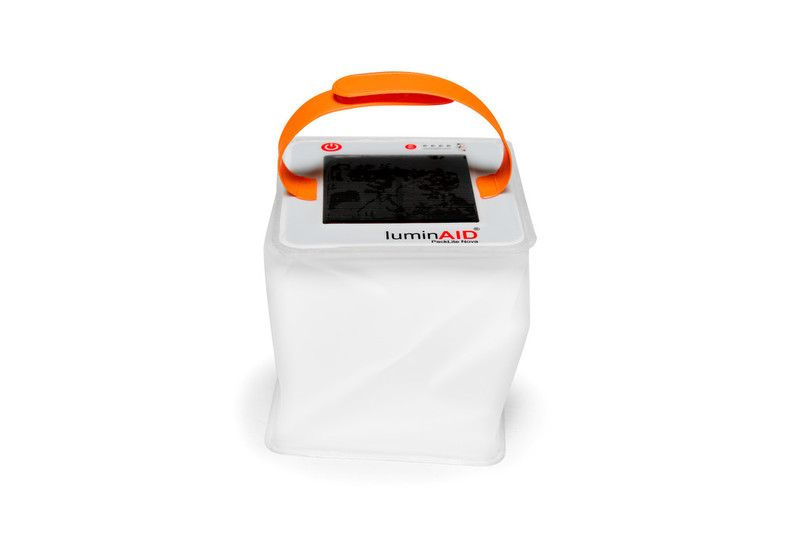
Imagine this: A disaster has taken away everything you own. So you run away from the devastation. You find yourself living in an overcrowded area, in a temporary shelter.
When the night falls, you make sure all your children are nearby and kept safe. Because when the night falls, it’s so dark that you can’t even see your own hand in front of your face.
Through the darkest times, solar lights are a beacon of hope for families caught in a disaster.
They allow them to do basic things like move around, do their homework, and eat together as a family at the end of a long day.
In the face of disaster, families often prioritize the three most basic human needs: water, food and shelter.
But without light, it can be extremely hard for families to satisfy these basic needs and start recovering. Light can allow them to start feeling normal again and do things together as a family after it gets dark.
An estimated 1.1 billion people around the world – or 14% of the global population – have no access to electricity (IEA, 2017). And that includes many families who have fled their homes after disaster.
Solar lights are a practical solution, allowing people to regain their livelihoods again. Have a look at some of the main benefits of solar lights for families caught up in disaster.
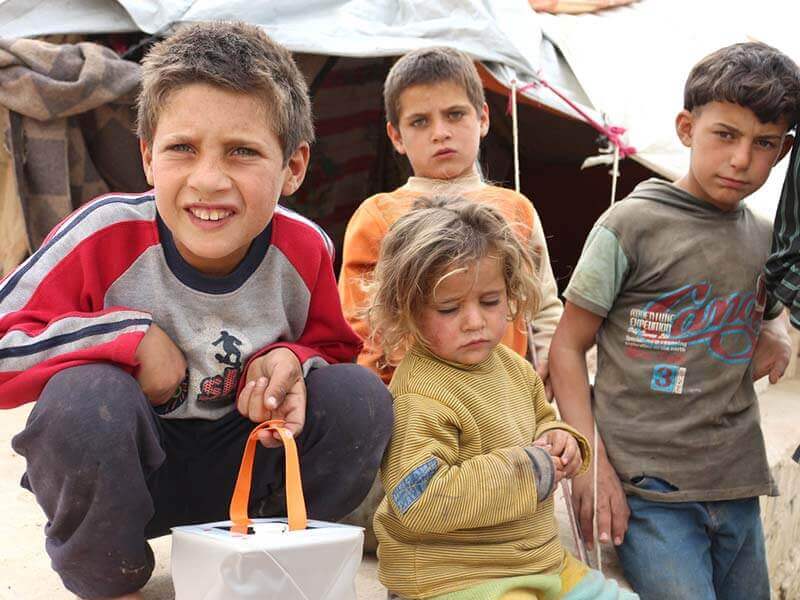
Benito is a ‘copra’ (dried coconut kernels) farmer from the Philippines. He lives with his wife in their little shop on the outskirts of Osmena village.
When Tropical Storm Usman hit the Philippines in 2018, their home was severely damaged. On top of this, the storm wiped out their electricity.
Benito used the tools and tarpaulin he received from ShelterBox to rebuild his home with his wife Rosa.
When they were ready to reopen their shop, the solar lights enabled them to run their business again. For Benito and Rosa, the lights gave them a sense of normality.
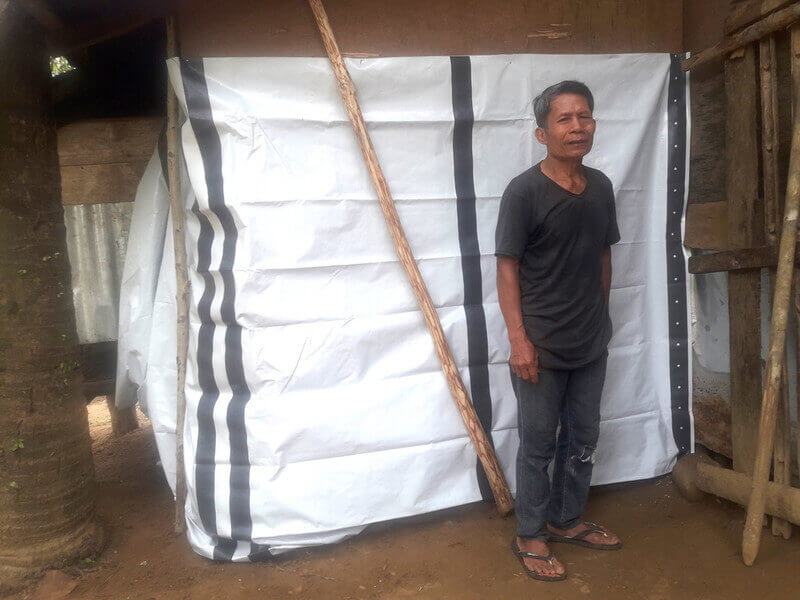
Light can be more than a tool after dark – it can bring comfort and a sense of normality to families affected by disaster or conflict.
Without light, families living in temporary shelters often find it difficult to do simple chores or activities after the sun sets.
Solar lights can allow them to cook meals at night and eat together as a family. Light enables them to visit their neighbors to socialize and pray.
At night time, solar lights also give children a sense of comfort through the darkness.
“My children are able to use the solar lights a lot, it helps them wake up and get ready for school in the morning and for my youngest she is now more comfortable with a light on at night when she sleeps”
– Maria, Phiilippines
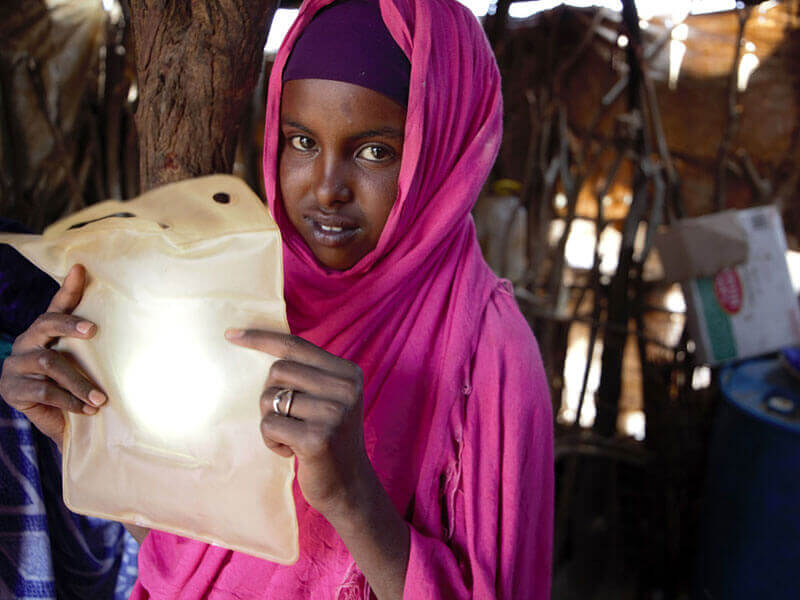
By speaking to families who have received solar lights, we found out just how essential these are for people’s livelihoods.
In Syria, our partner ReliefAid spoke to families in Idlib who received solar lights as part of our latest winterization project. All of the families we interviewed said that the solar lights helped them feel safe inside and outside their shelter. The lights have made their everyday life easier.
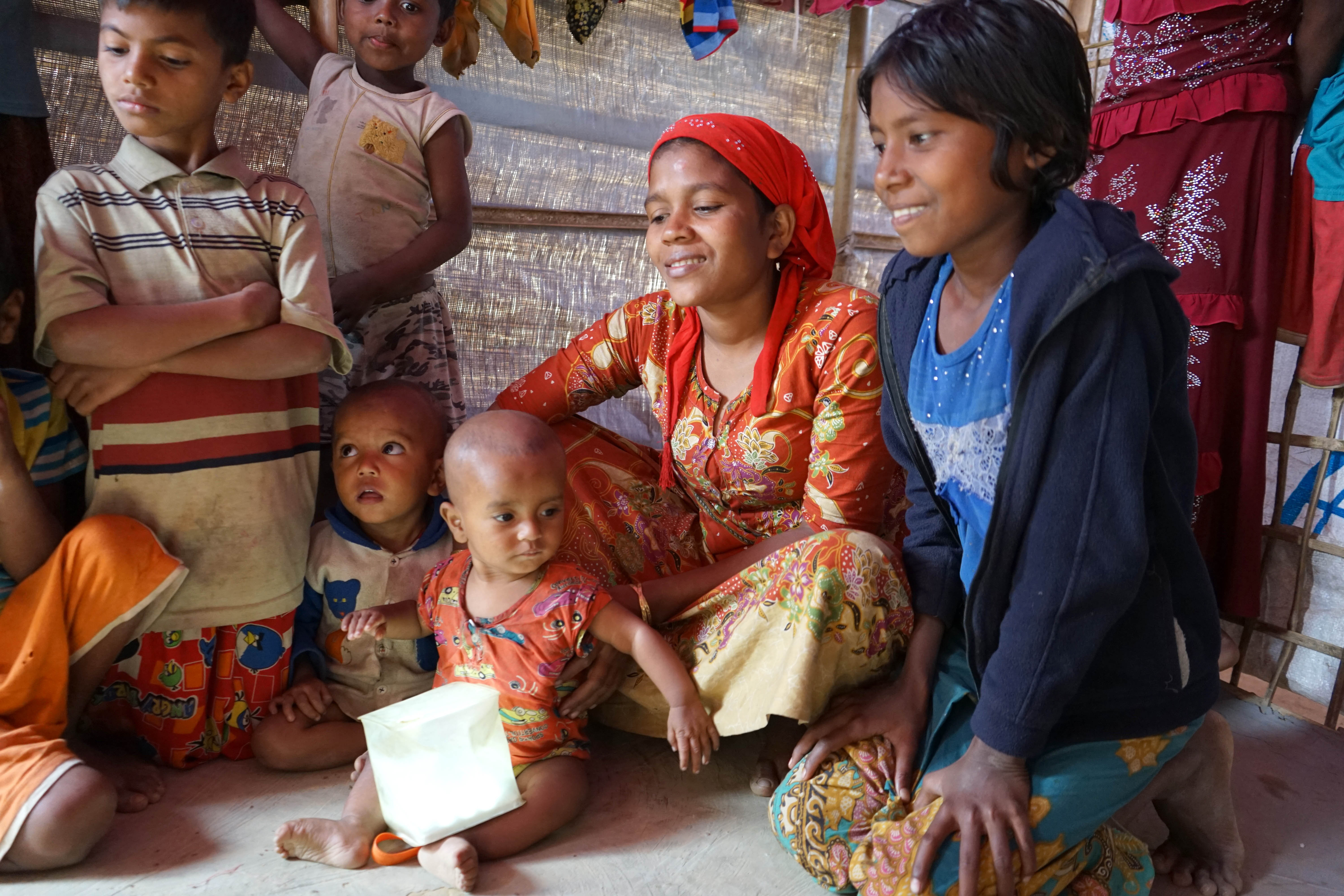
I am very happy with the solar light as it allows me to work later at night on my coconut farm, which I need to do since the storm ruined my crops
– Angelo, Philippines
In the Philippines, where we responded to Tropical Storm Usman, families told us that the solar lights were their favorite aid item.
What makes our solar lights so practical for families to use?
Our solar lights are light, waterproof, and easy to recharge.
They even have an adjustable handle so that families can hang it inside a tent, or outside during the day, to charge.
Because they are so safe, cheap and easy to use, families use solar lights in different ways – for work, education, family activities, or simply moving around at night.
Are the solar lights environmentally friendly?
Yes – the solar lights are 100% PVC free and made out of environmentally friendly and weather-resistant materials.
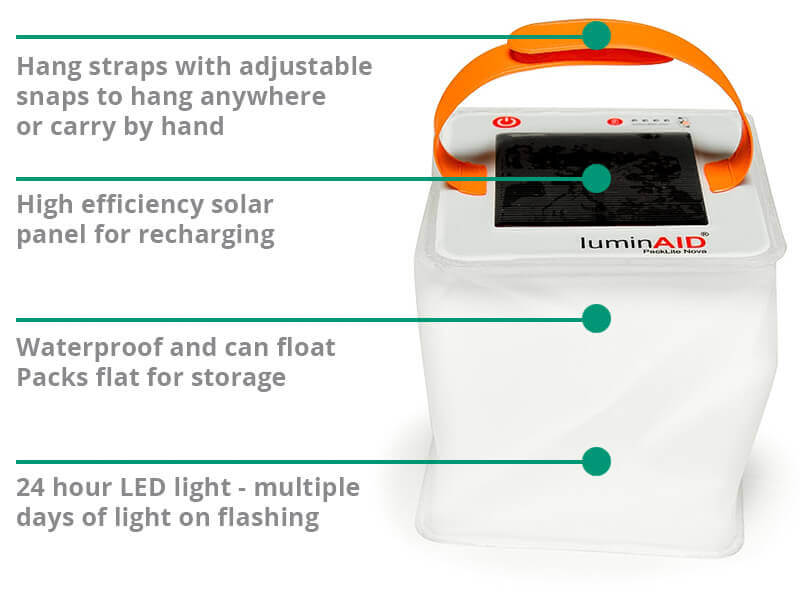
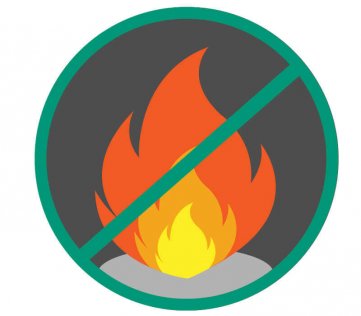
...reduce the risk of fire
Vulnerable families rely on unsafe and expensive options like candles and kerosene lanterns. Solar lights are safer, cheaper and better for the environment.
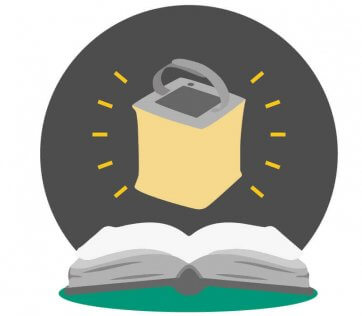
...reduce barriers to education
Solar lights can allow children in disaster-hit areas to read, study and do homework at home, after school hours.

...make families feels safer
People we’ve spoken to report an increased sense of safety because of the solar lights, allowing them to move around easily when it’s dark.
When disaster strikes, clean water is compromised. Emergency aid items like water filters and carriers can help families produce safe drinking water.
Our shelter kits provide communities with the tools they need to start rebuilding their homes and their lives.
When disaster strikes and families and are left vulnerable to insect-borne diseases like malaria, mosquito nets can help reduce the risk of infection.